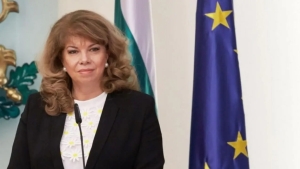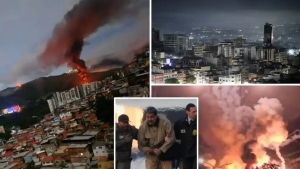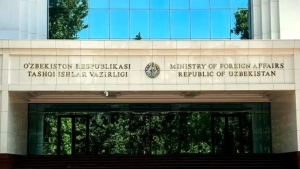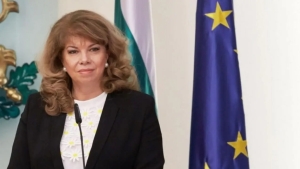A ban on burqas in public places was proposed in Italy
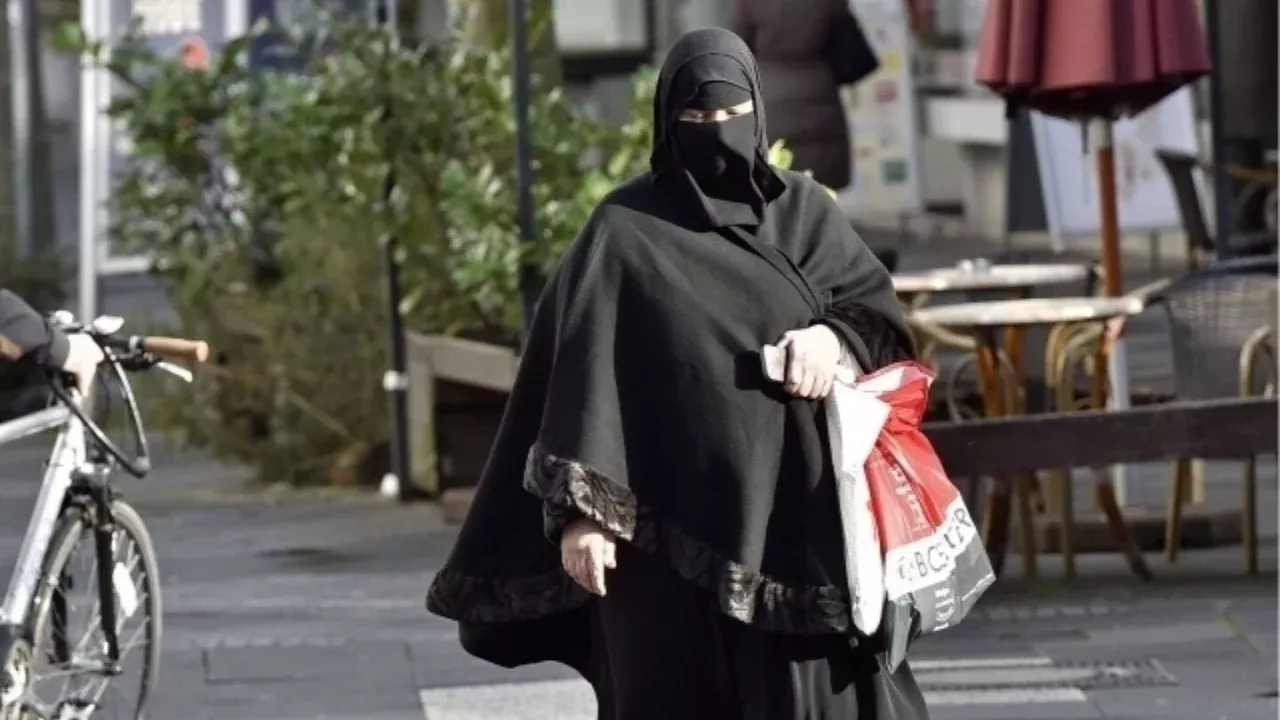
The issue of religious clothing has once again become the focus of discussion in Italy. This was reported by Zamin.uz.
The "Brothers of Italy" party, led by Prime Minister Giorgia Meloni, has presented a new bill to parliament that prohibits burqas, veils, and niqabs in public places. This initiative was announced on the party's official website.
The bill aims not only to impose restrictions on religious clothing but also to bring transparent and open oversight to the financing of mosques in the country. This matter has intensified debates in Italy regarding the rights of religious minorities and national security issues.
The bill proposes banning burqas, veils, and niqabs in state and educational institutions, as well as other public places. Additionally, it stipulates that charitable or investment funds coming from abroad must be reported transparently in the activities of mosques.
The bill also includes provisions to strengthen penalties for forced marriage crimes. Cases where girls are forced into marriage by parents or close relatives will be treated as serious crimes, with harsher punishments imposed.
Those who violate the ban may face fines ranging from 300 to 3,000 euros. These measures are being introduced to ensure public safety and protect the freedom of Italian women.
Earlier this year, the "League" party within Meloni's coalition also presented a similar bill, but it focused only on face-covering garments. Currently, the League's bill is under review by a parliamentary committee, and experts suggest that the two initiatives may be merged in the future.
Politicians and legal experts have varying opinions on this initiative. Some support it as a measure to strengthen national security, while others view it as a restriction on the personal freedoms of religious minorities.
European human rights organizations have called on the Italian government to protect religious freedom and human rights. However, the Meloni government remains firm in its position, emphasizing that individual freedoms must not exceed the boundaries of security.


